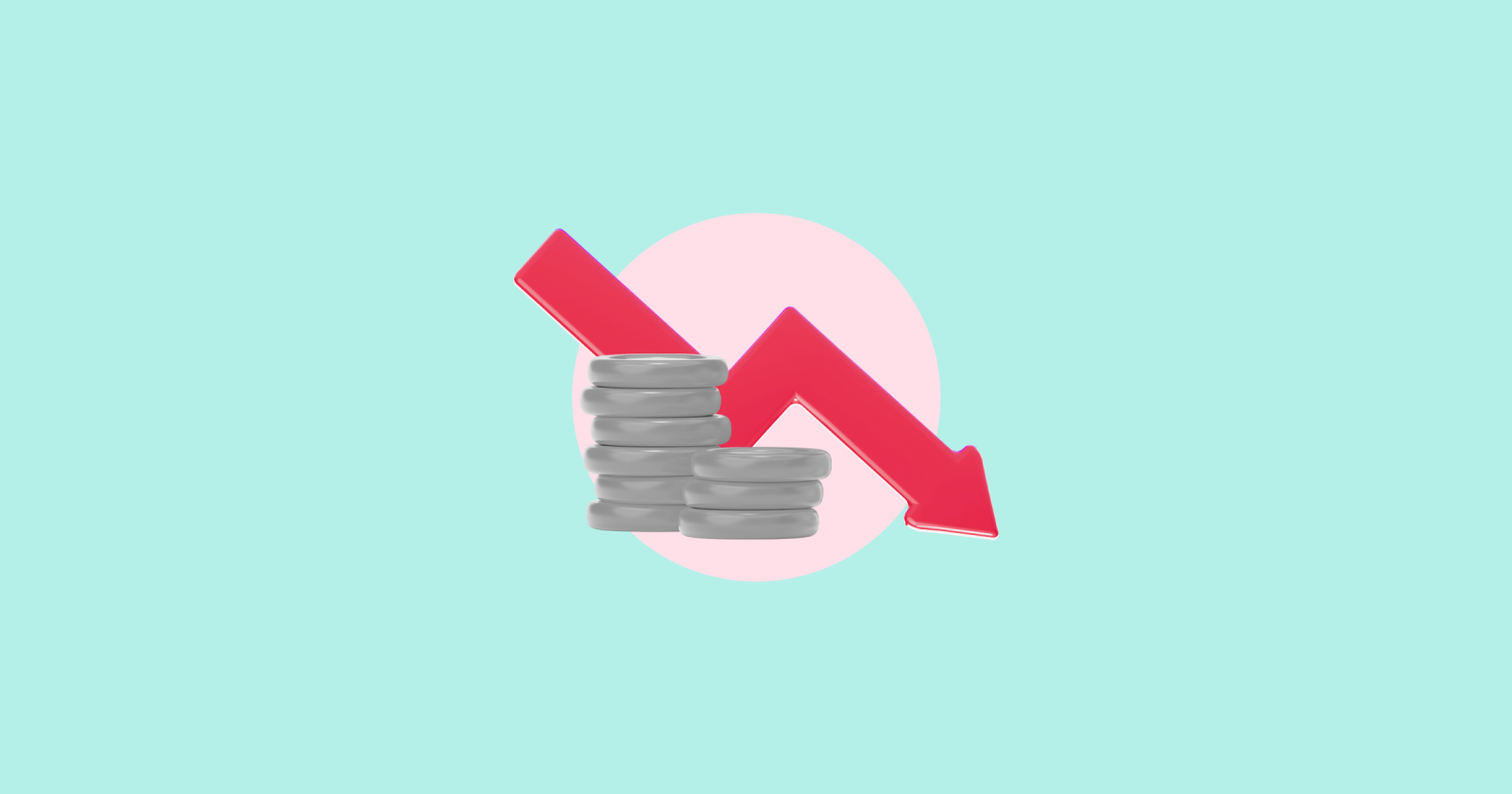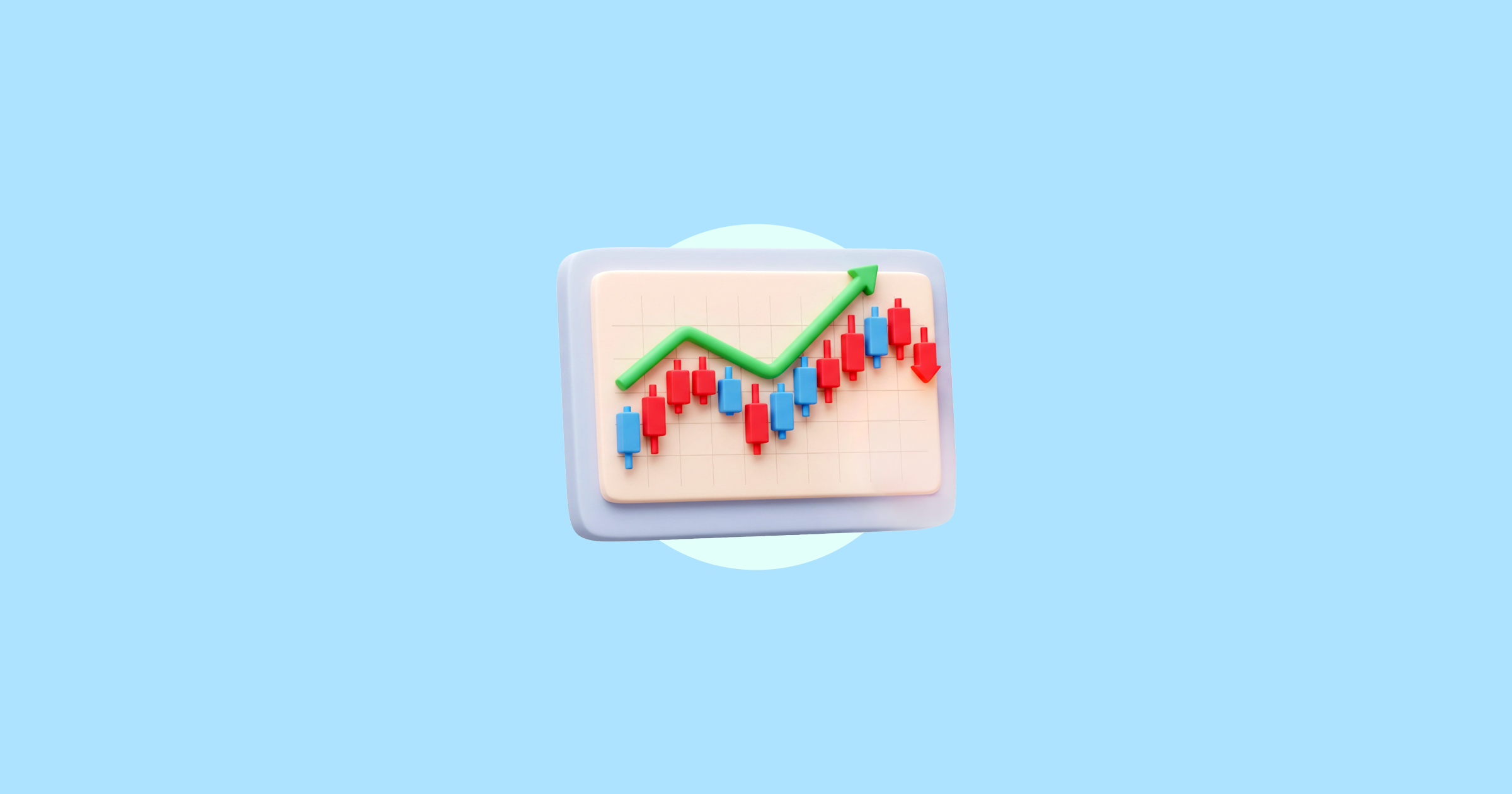What it is
In general, depreciation is when the value of an asset drops over time. It may happen when an asset becomes less useful due to wear and tear, or when it becomes obsolete because of age or newer technology.
In business, this is an accounting method that involves spreading the cost of long-term assets (like machines and vehicles) over their expected useful life when making financial statements.
What it means for you
For individuals, depreciation is something to consider before spending a lot of money on an asset or considering it as an investment when it might not be one.
When you buy a new car, for example, it may start losing value the moment you drive it off the lot. In a few decades, you can only sell it for much less than what you paid unless there’s a reason for its value to grow, like being a rare collectible.
To know if an item is worth the splurge, you can think about how much it might depreciate in value over time or how long it will stay useful.
As an accounting tool, depreciation also allows businesses to accurately show their financial standing and calculate tax deductions. Instead of recording a large one-time expense, they can spread the cost of an asset over its productive life.
Understanding depreciation helps both individuals and businesses see the real value of the things they own.




